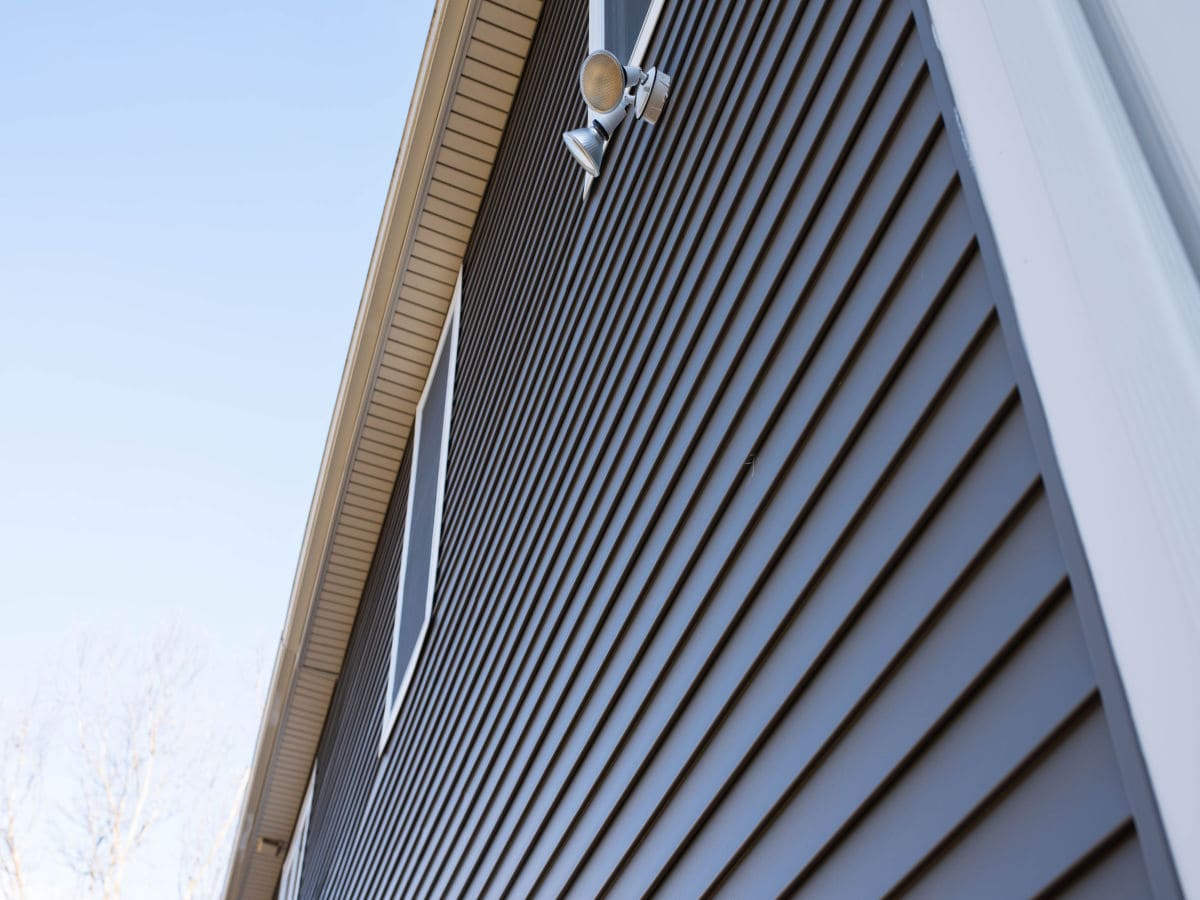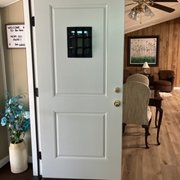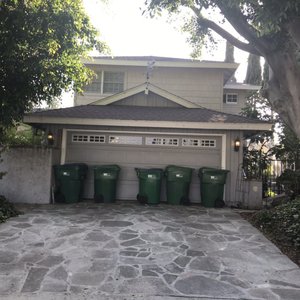As a homeowner, property value is a top concern. After all, owning a home is a significant investment, and it’s essential to maintain or even increase its value over time. Upgrading certain home features is always a good idea, like adding vinyl windows and sidings.
The Importance of Home Value
Your home is likely one of the most significant investments you’ll ever make. It’s essential to maintain its value. A higher home value means more equity, better refinancing options, and lower loan interest rates.
There are factors such as location, size, style, and condition to increase home value. However, specific upgrades like installing new windows and siding can significantly affect appearance and functionality.
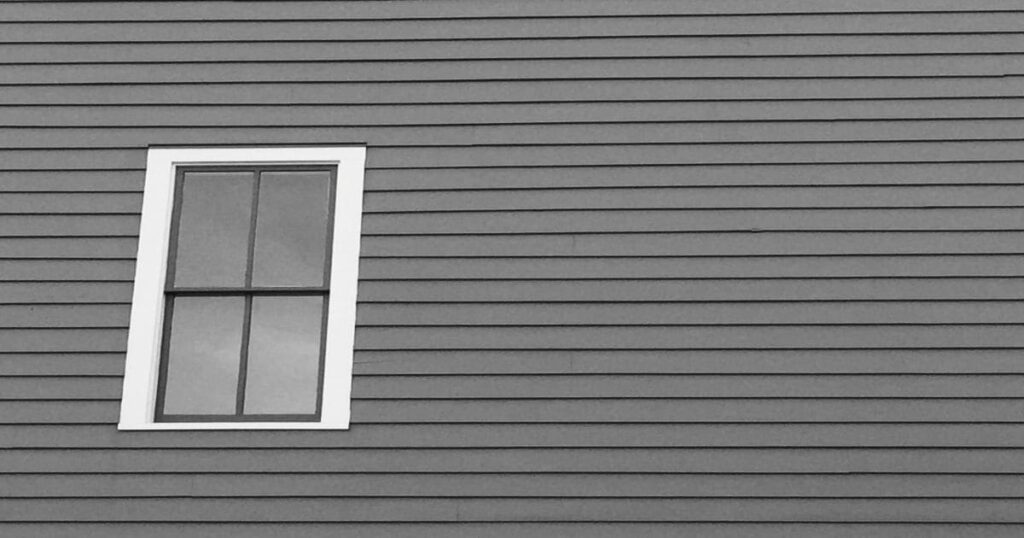
The Benefits of Vinyl Windows and Sidings
Vinyl has become a popular material for both windows and siding due to its durability, low maintenance requirements, and versatility in design. Replacing old or damaged windows with new vinyl windows and sidings can help increase energy efficiency, lowering heating costs while providing better insulation against outside noise pollution. For homeowners who want low-maintenance options for their homes or investment properties, vinyl surface materials offer easy upkeep for decades without needing paint or expensive repairs. When it comes to vinyl siding, there are numerous benefits, such as:
- Durability: Unlike wood, which can rot over time, giving rise to termite infestations, you won’t have these types of problems with vinyl.
- Low maintenance: With minimal effort, you can keep vinyl windows and sidings clean with just soap, water, or power washers
- Increased Curb Appeal: Vinyl siding comes in many colors, patterns, and textures, allowing for a wide range of design options that fit your style and preferences.
- Cost savings: Vinyl siding is cheaper than wood or brick and has lower maintenance costs in the long run
Understanding Vinyl Windows
Vinyl windows are made from polyvinyl chloride, commonly known as PVC. These vinyl windows and sidings are fabricated using a rigid, impact-resistant material capable of withstanding extreme conditions without cracking or warping.
The frames are hollow and filled with insulation to improve energy efficiency. They are available in different colors and styles to match the aesthetic of your home.
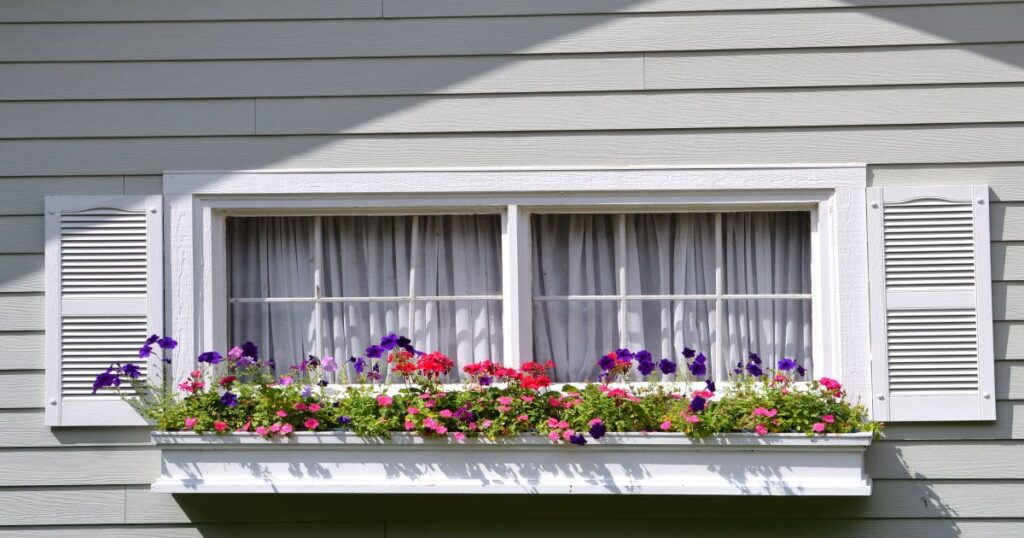
Benefits of Vinyl Windows
There are many advantages associated with vinyl windows compared to other materials such as wood or aluminum. One significant benefit is their energy efficiency.
Vinyl windows have low emissivity coatings that reflect UV rays from the sun, keeping your home cooler during summer and warmer during winter. This feature can save homeowners money on their energy bills.
Another major is their low maintenance requirements. Unlike wood frames that must be painted every few years or aluminum frames that can rust over time, vinyl frames require only basic cleaning with soap and water to maintain their appearance.
In addition to being energy efficient and low maintenance, vinyl windows also increase curb appeal by giving homes a fresh, modern look. They can complement any architectural style and come in various colors.
Cost Comparison
Regarding cost, vinyl windows and sidings typically fall in the mid-range compared to other materials like wood or aluminum. While they may be slightly more expensive than basic aluminum options, they tend to be less expensive than high-end wood. Homeowners must consider the long-term savings of choosing vinyl windows for their homes when comparing costs.
The energy efficiency savings alone can help offset additional costs upfront while improving overall comfort levels within the home. Vinyl windows offer numerous benefits, including improved energy efficiency, low maintenance requirements, increased curb appeal, and cost savings.
What is Vinyl Siding?
Vinyl siding is an exterior cladding material made from polyvinyl chloride (PVC). It is designed to copy traditional wood siding but with several added benefits. The manufacturing process involves extruding PVC through a mold to create long, thin panels that can be cut to size and attached to the exterior walls of a home.
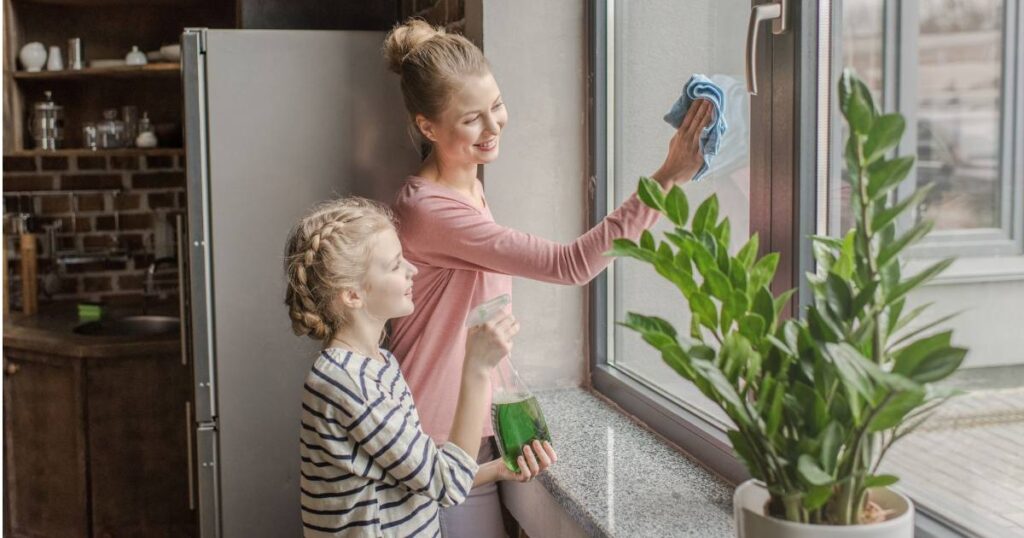
The Benefits of Vinyl Siding
Durability
Vinyl siding is durable. Unlike wood, which can rot or decay over time, vinyl siding is impervious to moisture and insects.
It won’t warp, crack, or peel, which means it can last years without needing replacement. Additionally, most vinyl siding has a warranty that covers against fading and discoloration due to exposure to UV rays.
Low Maintenance
Another advantage of vinyl siding is its low maintenance requirements. Unlike wood or other materials that may require regular painting to maintain the look, vinyl windows and sidings simply needs a periodic cleaning with soap and water or a power washer. This makes it a choice for homeowners without investing significant time and money into upkeep.
Increased Curb Appeal
Vinyl siding makes it easy for homeowners to find an option that complements their home’s architectural style. Additionally, it doesn’t fade over time as some other materials might, so it can help maintain or increase your home’s curb appeal over the years.
Cost Comparison to Other Siding Materials
Compared to other exterior cladding materials, such as brick or stucco, vinyl windows and sidings are often much more affordable. It typically costs less per square foot than these options while still providing many of the same benefits.
Environmental Impact
Vinyl windows and sidings is made from plastic, which is not environmentally friendly. Additionally, the manufacturing process produces waste and can contribute to pollution. However, some sustainable vinyl siding options are available that use recycled materials or are designed to be recyclable at the end of their lifespan. Homeowners concerned with the environmental impact of their home’s exterior should consider these options.
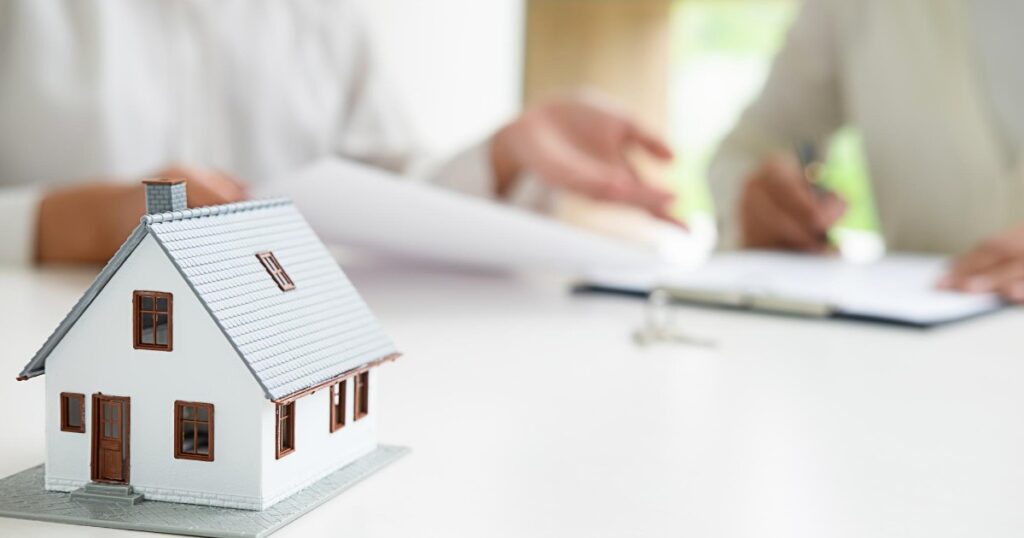
Increase Home Value with Vinyl Windows and Sidings
Replace Old or Damaged Windows
Replacing old or damaged windows with new vinyl windows and sidings is one of the best ways to increase the value of your home. Vinyl windows offer a variety of benefits, including energy efficiency, low maintenance, and increased curb appeal.
They are also more durable than other window materials, such as wood or aluminum, and can last for 30 years with proper care. When replacing your windows, choosing the right style and size for your home is essential.
Consider natural light, ventilation, and privacy when selecting your new windows. For added visual interest, you can add decorative touches such as grids or frosted glass.
In addition to increasing the value of your home, replacing old or damaged windows with vinyl windows can help save on energy bills. Vinyl windows provide better insulation than other materials, requiring less energy to heat or cool your home.
Install New Vinyl Siding
Installing new vinyl siding is another effective way to increase the value of your home. Not only does it improve curb appeal by giving your home a fresh look, but it also provides numerous benefits, such as durability and low maintenance.
Vinyl siding is resistant to weathering and warping caused by moisture, making it a great home choice. It requires minimal maintenance.
When choosing new vinyl siding for your home, consider factors such as color and texture. Your selection should complement the style and architecture of your house while still standing out from neighboring homes.
Add Shutters or Trim Around Windows
Adding shutters or trim around your vinyl windows enhances their appearance and adds visual interest to your home’s exterior. Shutters come in various styles and colors, allowing you to customize your home’s look to fit your personal taste.
Trim around windows can also significantly impact the overall appearance of your home. Choose a trim color that complements the color of your vinyl siding, and consider adding decorative accents such as crown molding or rosettes for added visual appeal.
Choose Color Complementing Home Style
When choosing new vinyl windows or siding, it’s important to select a color scheme that complements the style and architecture of your home. This not only makes it more visually appealing but also increases its value. Consider the age and style of your home when selecting colors for new windows or siding.
For example, consider using more ornate shutters with pastel-colored vinyl siding if you own an older Victorian-style home. However, if you have a contemporary-style house, opt for sleek black or gray vinyl siding with no shutters.
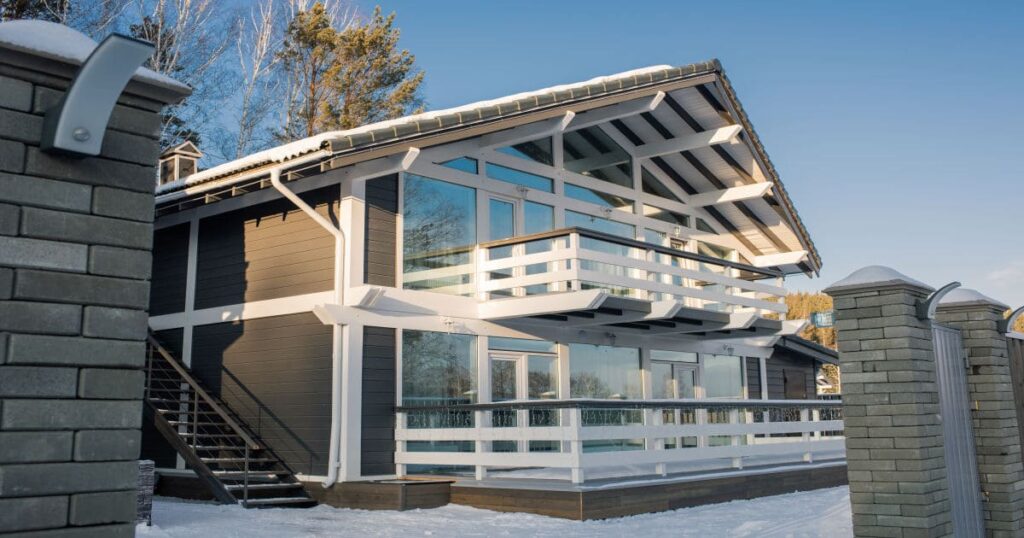
Small Details: Vinyl Windows and Siding
Clean windows regularly: Regularly cleaning your windows will keep them looking clear and bright – Trim back trees or bushes: Trimming back any trees or bushes near your house will help prevent damage to both vinyl windows and siding.
Use a power washer: A power washer can remove built-up dirt from vinyl siding without causing any damage.
Consider adding outdoor lighting: Outdoor lighting can highlight the architectural features of your house while providing additional security.
Keep gutters clean: Clean gutters will help prevent water damage to vinyl windows and siding by ensuring proper water drainage.
Investing in Vinyl Windows and Siding
Investing in vinyl windows and siding is a way to increase home value while improving energy efficiency and curb appeal at the same time. However, small details like cleaning your windows regularly for maximum clarity and lightening trimmings back trees or bushes that may obstruct views or damage siding and using a power washer to remove dirt from the siding can enhance your home’s appearance.
Paying attention to these small details keeps your investment looking its best for years. So, start taking care of those details today and watch your home’s value soar!
Frequently Asked Questions
Can Vinyl Windows and Sidings Be Painted?
While vinyl windows and sidings come in various colors, painting them is not recommended due to their material. Paint may not adhere well and could peel or chip over time.
How Do Vinyl Windows and Sidings React to Extreme Temperatures?
Vinyl is known for its durability in various weather conditions. However, in extreme temperatures, vinyl may expand or contract slightly. High-quality vinyl products are designed to handle these changes without damage.
How Does Vinyl Siding Installation Impact Existing Insulation?
Vinyl siding installation typically does not interfere with existing home insulation. However, it can be an opportunity to assess and upgrade your home’s insulation for better energy efficiency.
How Do Vinyl Windows and Sidings Compare to Fiber Cement Sidings?
Vinyl sidings are generally more cost-effective and require less maintenance than fiber cement sidings. However, fiber cement may offer different aesthetic options and potentially longer durability.

